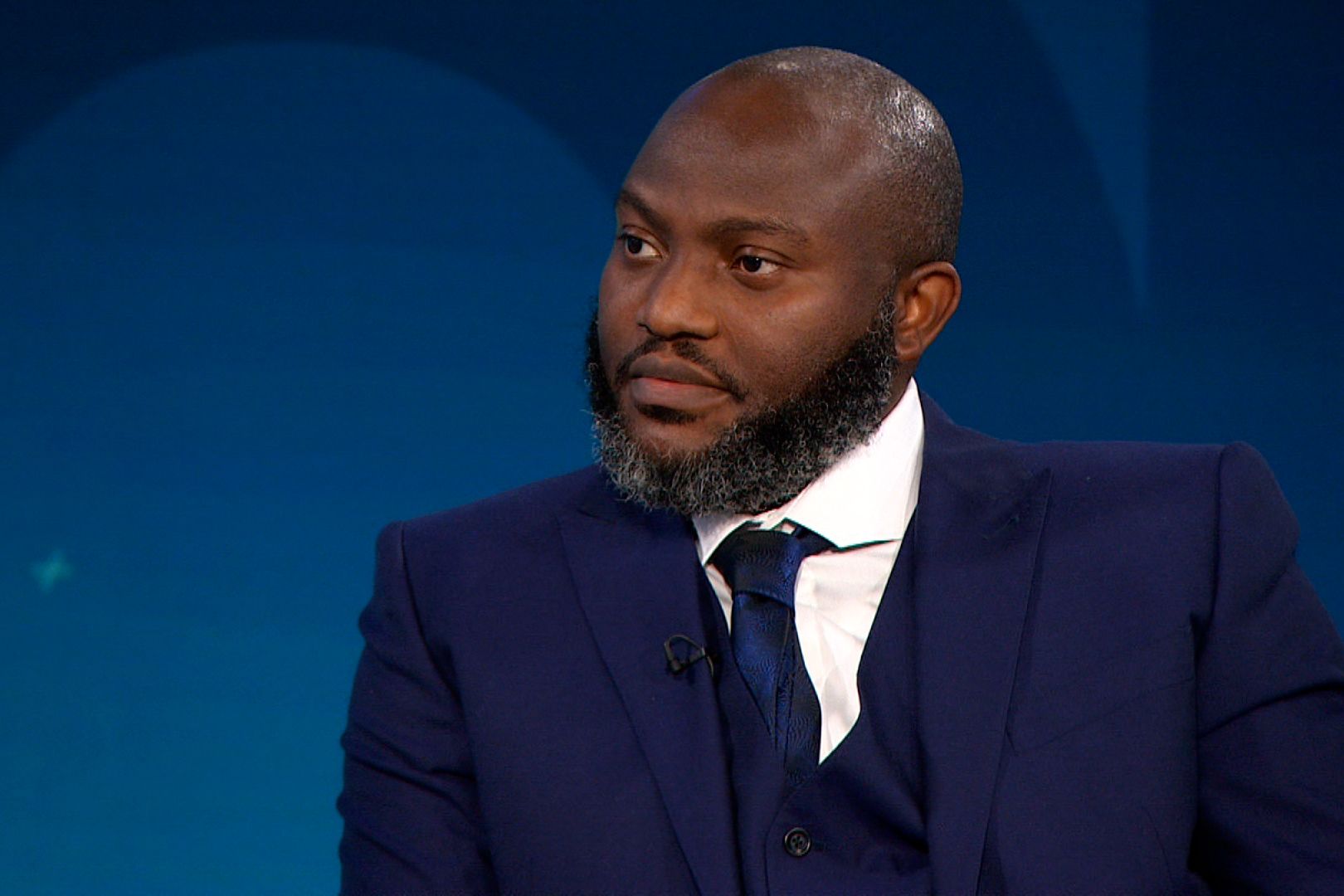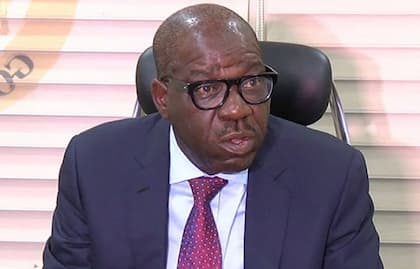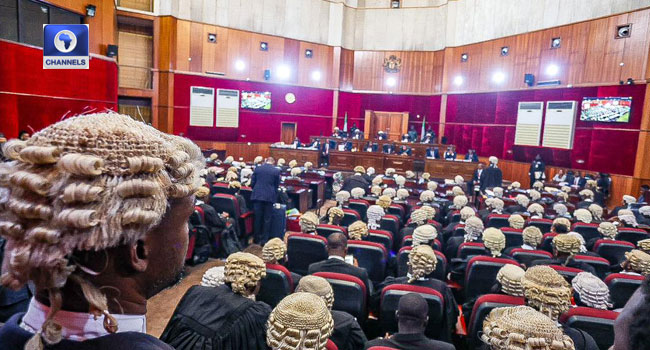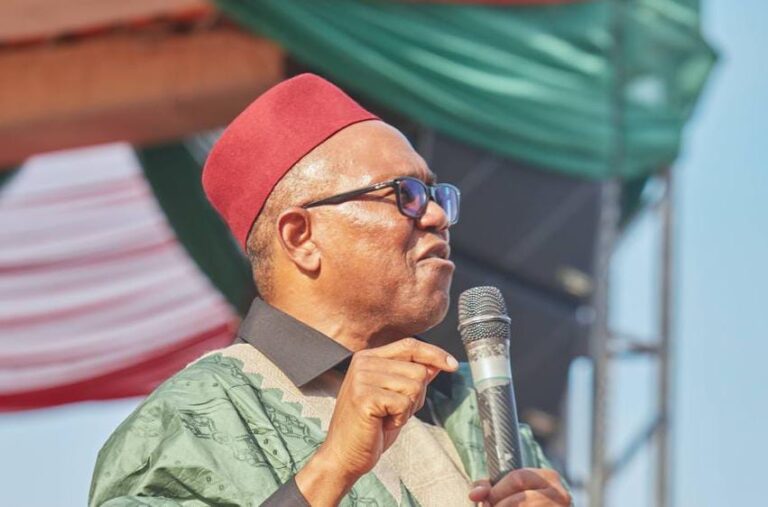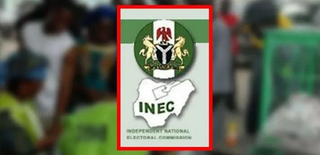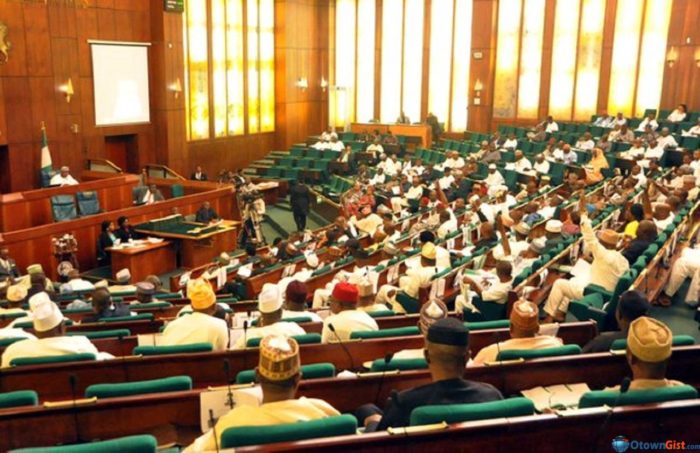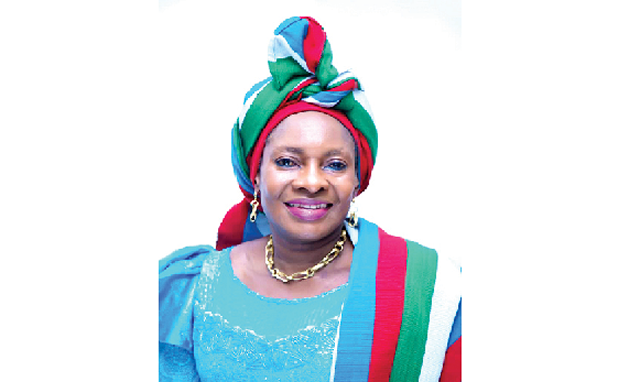Report: How Nigerian businessman Mmobuosi lied about his credentials, ran fraudulent company
Hindenburg Research, a U.S. investment research firm focused on activist short-selling, has accused Tingo Group, a fintech company, of being an “exceptionally obvious scam with completely fabricated financials”. Tingo Group claims to have diversified business interests in mobile phones, food processing, and online food marketplace for farmers primarily located in Nigeria. In a report released on Tuesday, the firm alleged that Tingo Group lied about its $1.6 billion food processing plant, as well as some of its partnerships and products. Hindenburg Research said its checks with the Nigerian Communications Commission (NCC) revealed that it has no record of Tingo being a mobile licensee at all, despite company claims of having 12 million mobile customers. The research firm claimed that Tingo Mobile’s company presentation and its website used stock photos of farmers using mobile phones. Hindenburg Research said it visited Tingo Mobile’s office in Nigeria and found only a handful of employees and a sign posted on its door by federal tax authorities stating that the company is delinquent on its tax obligation. The firm also accused Dozy Mmobuosi, Tingo’s founder and chief executive officer, of fabricating parts of his personal and professional history. Earlier this year, Mmuobuosi had been in the news for trying to buy Sheffield United, a newly promoted Premier League team. “We’ve identified major red flags with Dozy’s background. For starters, he appears to have fabricated his biographical claim to have developed the first mobile payment app in Nigeria. We contacted the app’s actual creator, who called Dozy’s claims “a pure lie”, the report reads in part. “Dozy claimed to have received a PhD in rural advancement from a Malaysian university in 2007. We contacted the school to verify the degree. They wrote back saying no one by his name was found in their verification system. “In 2017, Dozy was arrested and faced an 8-count indictment over issuance of bad checks, according to the Nigerian Economic and Financial Crimes Commission. He later settled the case in arbitration. “In 2019, Dozy claimed to have launched “Tingo Airlines” and posted social media messages encouraging customers to “fly with Tingo Airlines today”. “Media outlets later uncovered that Tingo had photoshopped its logo onto pictures of airplanes. Dozy later admitted to never owning any actual aircraft.” “In April 2023, Tingo’s Co-Chairman wrote a public letter to Dozy, filed with the SEC, saying he could not approve the company’s annual report and felt it “necessary to recuse myself by resigning” due to “many critical questions, comments and recommendations” that went “unanswered and unheeded”. The research firm also said it observed several errors and typos in Tingo’s financial statements. “We strongly suspect Tingo’s cash balance, which it conveniently claims is held in Nigeria, is fake. The company collected only ~12% of the interest income one would expect from its claimed cash balances,” the report reads. “Overall, we think Tingo is a worthless and brazen fraud that should serve as a humiliating embarrassment for all involved. We do not expect the company will be long for this world.”

